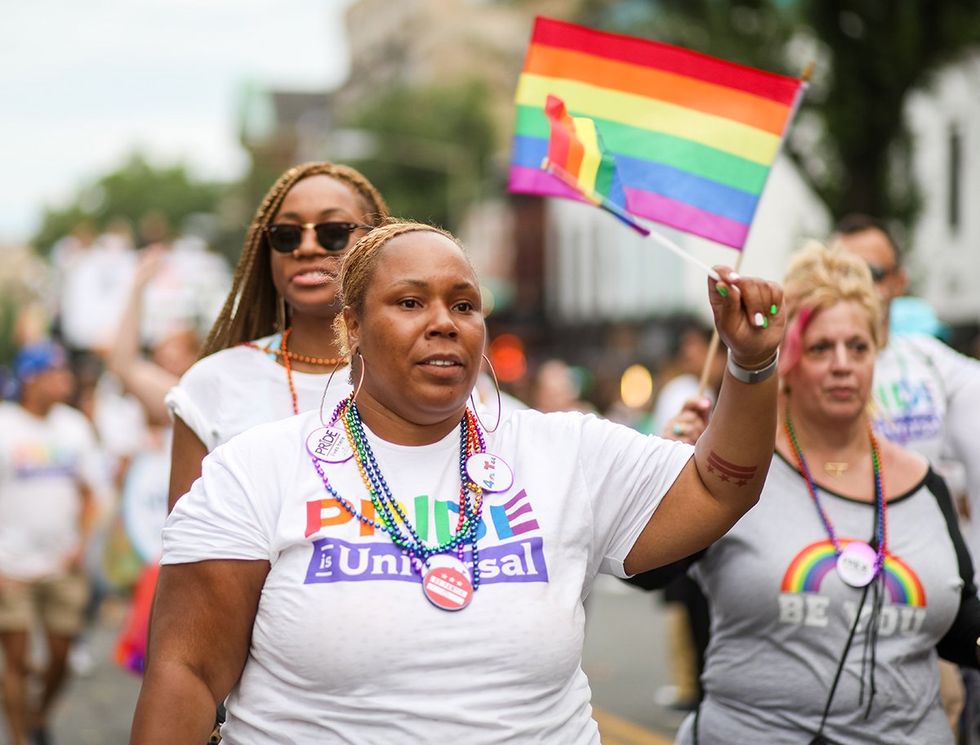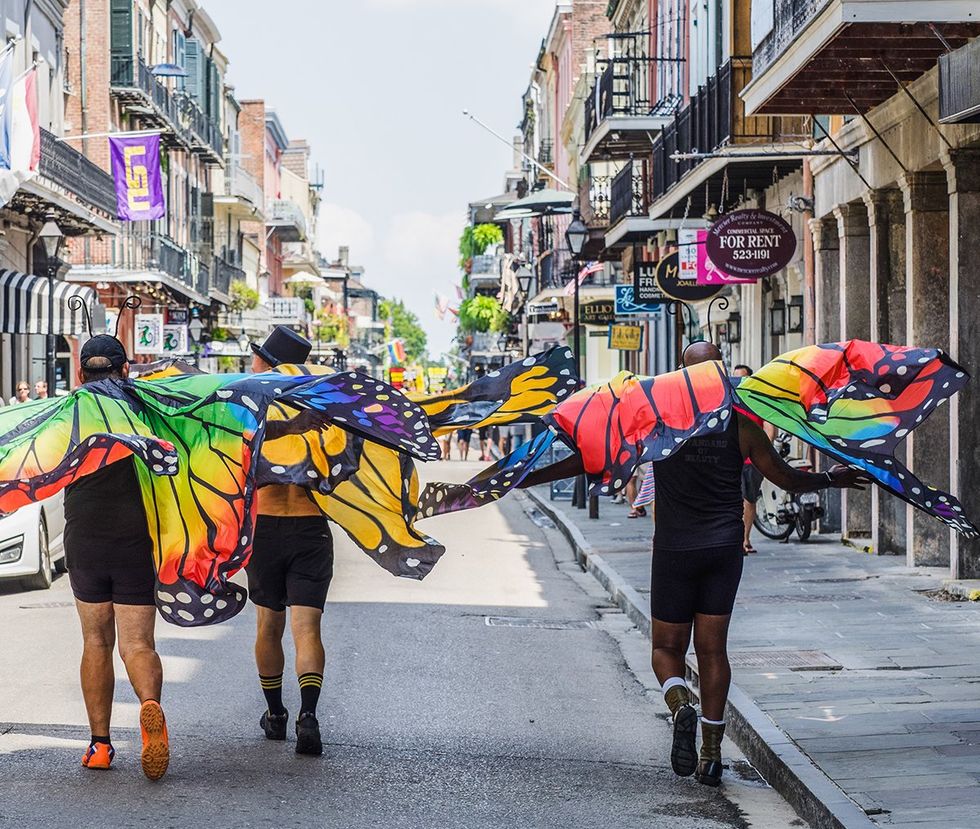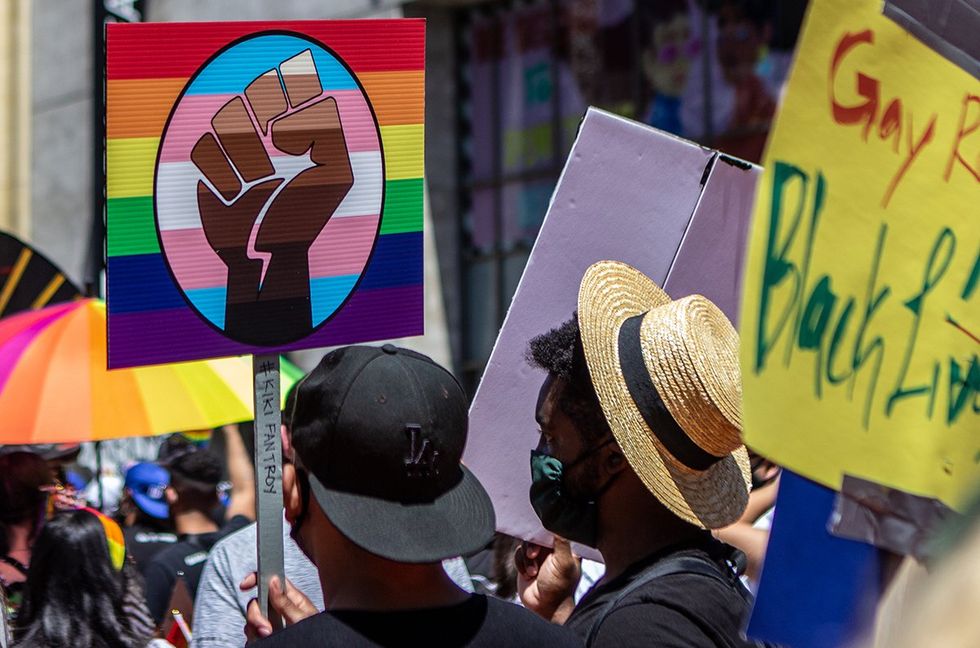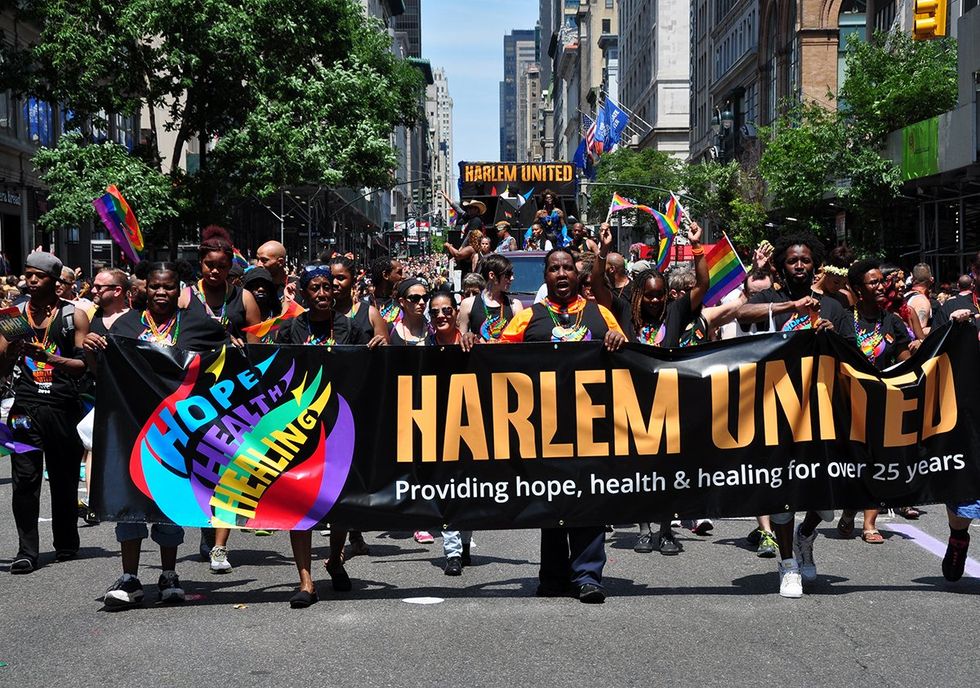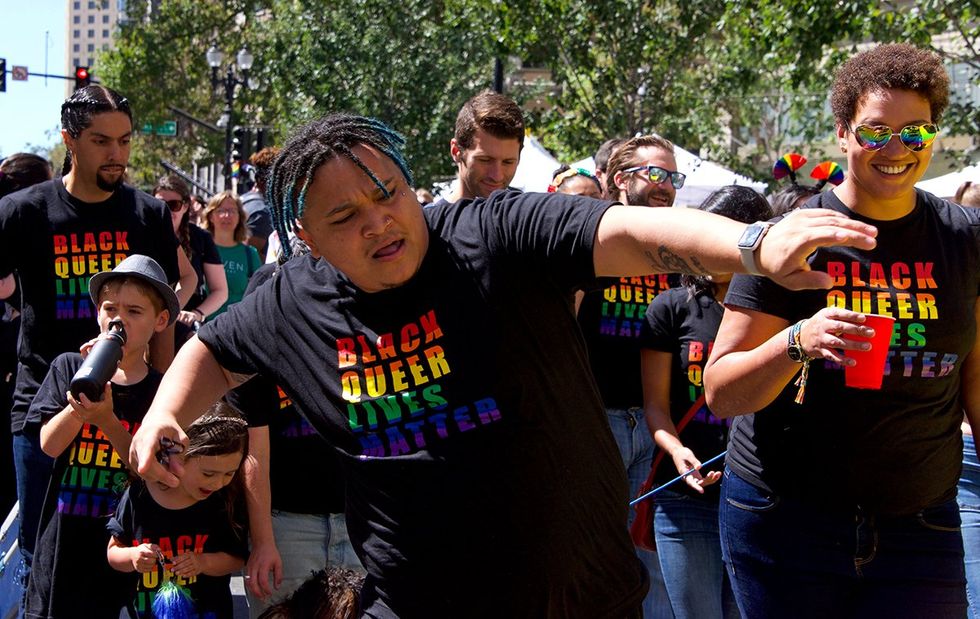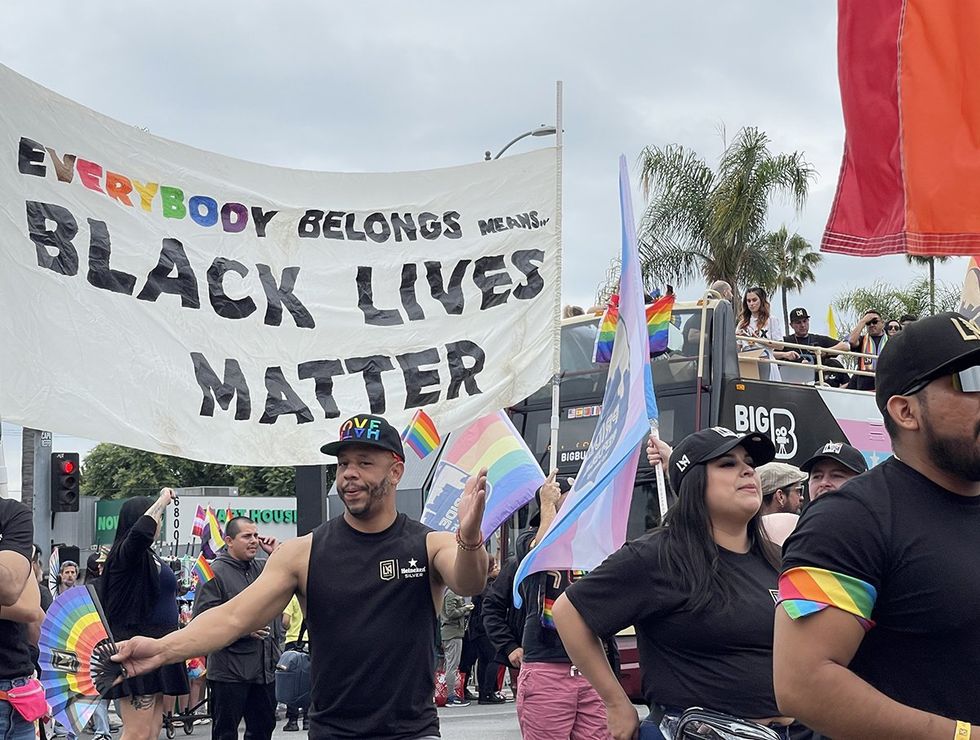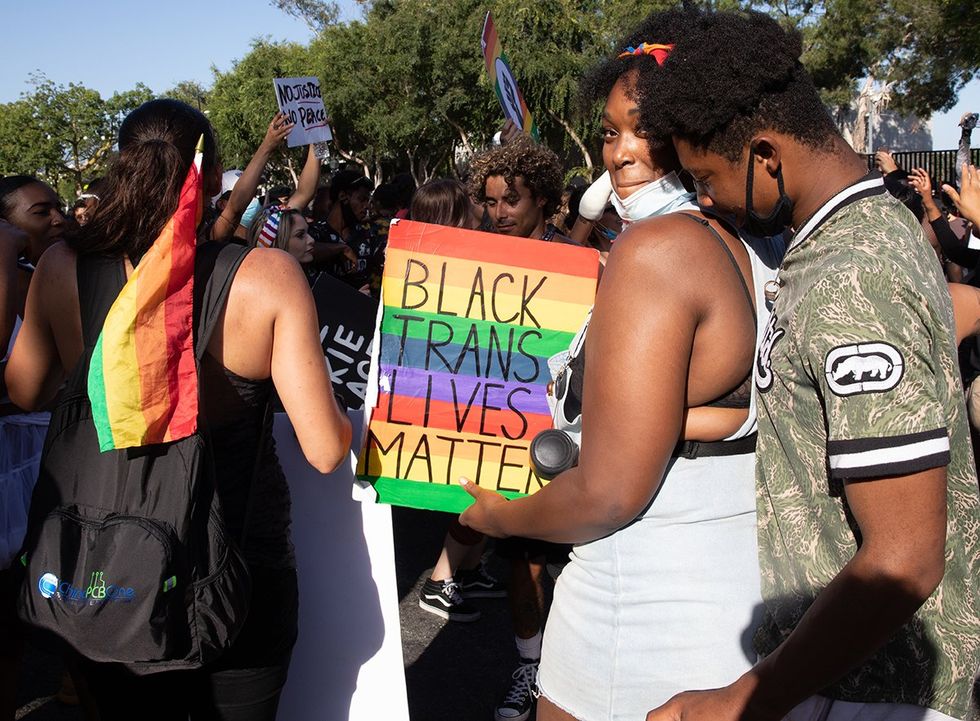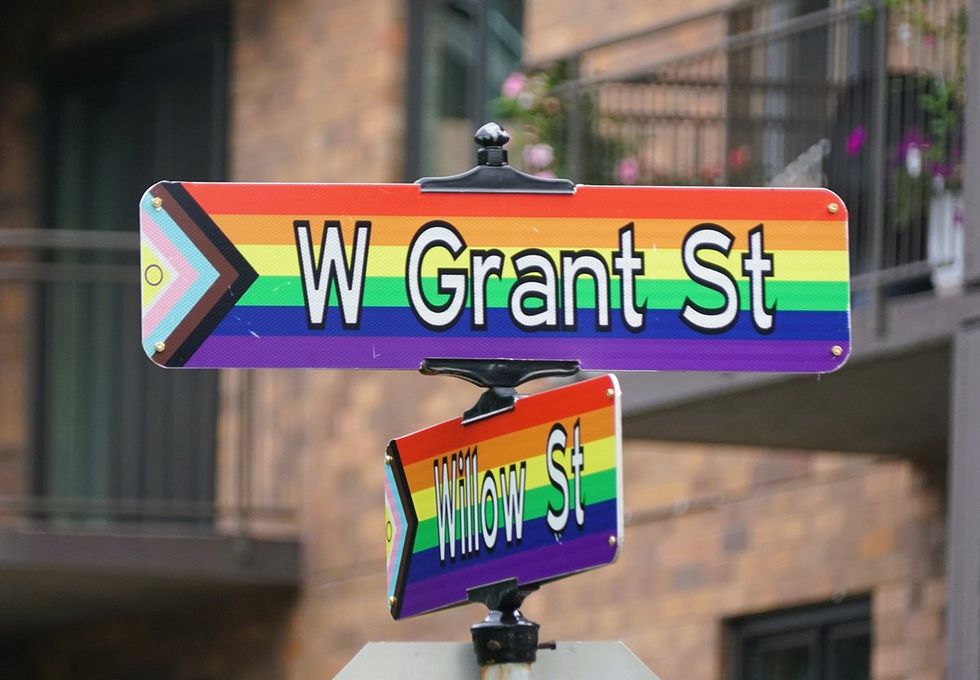Transgender Awareness Week is here. It’s a time to celebrate, remember, and uplift the trans community. It’s also a time for cisgender people to consider their roles as allies and ask themselves the hard but essential questions, like are you really the best ally you can be to the trans and nonbinary community? If the answer is no, or I don’t know, now’s the perfect time to course correct and be the kind of ally your trans family needs.
But what exactly does being a trans ally look like? PRIDE spoke with Michelle Forcier, a clinician at FOLX Health, which is a digital healthcare service provider to the LBGTQIA+ community. Here are six things they say you can do today to be the true trans ally.
1. Always come from a place of respect and love.

Jacob Lund/Shutterstock
First and foremost, it’s important that your heart is in the right place when a trans person shares their identity with you, Forcier tells PRIDE. “Self-identity is a very personal thing! And when someone shares their self-identity with you, as a family member, friend, or colleague that is a gift to be valued and respected,” she explains.
It’s also your responsibility as an ally to recognize what they need from you and give that to them, just as you would with anyone you love and respect. This may include keeping their safety in mind.
“When someone identifies themselves to you, as a transgender or gender diverse person and a member of the LGBTQIA++ community, that is important and personal information that in our society sometimes comes with risk,” says Forcier. “Identify yourself as an ally. First, thank them for sharing this important information. Ask, and make sure you use the correct name and pronouns. Ask if there are ways you can offer support in whatever settings you both might share.”
2. Keep your loved one’s information close, unless otherwise stated.

Ernesto chi/Shutterstock
Never out your trans friends and loved ones without their consent, Forcier counsels. “Disclosure, like identity, is also a very personal decision. Some persons with transgender or gender-diverse identities do not wish to share these identities in public or social settings. This is something that as an ally, you can support and respect by likewise not sharing this information with other persons,” she explains.
The sad reality is that it’s not always safe or comfortable for a trans person to be out. As an ally, it’s not your place to choose that for your loved one. “A person’s gender and identity are really not yours to share unless that is something the person asks you to support or help with,” Forcier adds.
3. Know and use their name and pronouns.
Pronouns matter. If you hope to be a true ally, your friend’s pronouns need to matter to you, too. Learn their pronouns and use them, says Forcier, adding, “Names and pronouns are just a part of being a good listener, being kind, and being polite.”
As an ally, one way you can make this easier for everyone is to begin sharing yours. “It is polite to share this information as a way of introduction,” Forcier shares. “Hi, my name is Michelle and I use she and they pronouns,” they use as an example, while suggesting that you also ask others for theirs, then use them appropriately.
As an ally, Forcier says you should be vigilant about others respecting your loved ones’ pronouns. “You can also be an ally and ask others to use the correct name or pronouns if someone misgenders a gender-diverse person,” they explain. “You can do this with kindness and help other people learn to do the right thing.”
For example: “Terry. Hold on a sec. Kip uses the pronoun they/them. It is important to use the pronouns they identify with. Thank you for doing the right thing by our colleague and friend.”
Using the correct pronoun can be tricky, even when your heart’s in the right place. Forcier offers this advice for those moments when you accidentally slip up with a name or pronoun. “What’s important is to communicate that you know you made a mistake, correct it, and do better from now on,” they suggest. “For instance, you could say, ‘Helen, I am so sorry! I used the wrong pronoun just now. I won’t do that again.’”
The key in these situations, says Forcier, isn’t to center yourself, which can be difficult especially if you feel bad or embarrassed about the slip-up. “Do not make the gender-diverse person take care of you if you feel sorry or embarrassed. It is not their job. Apologize, move on, do better,” she concludes.
4. Understand the impact that acceptance can have on your trans loved ones’ health and longevity.

Jacob Lund/Shutterstock
Despite what mainstream culture might try and tell you, gender has always been diverse, says Forcier. “Gender identity, like most aspects of human growth and identity, is complex,” she explains. “There are many different aspects to gender identity and different cultures view gender and these social constructs differently.”
No one expects you to be an expert right out of the gate. Fortunately, you don’t have to be, you just have to be open and willing to learn, says Forcier. “Understanding what your loved one is asking of you: to listen, to accept, to embrace, and to continue to love them as the person they continue to be can be such a gift to share,” they advise.
Why is that so meaningful, beyond just human kindness and dignity aspects? Well, it could have a lasting impact on the health of your loved ones.
“We also know that transgender and gender-diverse persons who have parent and family support, school and work resources, and live in accepting communities can be healthier and live longer,” Forcier explains. “Hate, rejection, bias, and discrimination create stress. This stress creates unhealthy situations such as anxiety, depression, low self-esteem, and even suicidality. Creating a positive, accepting, and kind environment helps transgender and gender-diverse persons be less at risk for negative health outcomes over time.”
5. Respect boundaries and consider the nature of the questions you ask.
Curiosity is natural, but someone coming out to you as transgender doesn’t mean you have a right to cross boundaries with them when asking questions. Forcier advises asking about names and pronouns, but invasive medical questions are not appropriate or ally behavior.
“Asking about their bodies, if they take medications or hormones, or if they have had or not had surgery is really off limits,” explains Forcier. “Like with their cis, not transgender peers, personal health information is just that: private and personal. Others don’t have to know these things. It is invasive to ask these things. As you would like others to respect your personal health information and privacy, remember to extend that basic courtesy to your transgender acquaintance or friend.”
6. Do your own research — it’s not your friend’s responsibility to educate you.
Part of being an ally is having a greater understanding of the trans experience. However, it’s not up to the trans people in your life to become your sole source of knowledge. That’s a lot of emotional and psychological labor to ask of them for simply existing and wanting your support. Being an ally means doing the work to educate yourself.
Here are some resources to get you started:
PFLAG or Parents, Families, and Friends of Lesbians and Gays offers support groups and potential mentoring in community settings across the United States https://pflag.org/
Human Right Campaigns are focused on mobilizing those who envision a world strengthened by diversity, where our laws and society treat all people equally, including LGBTQ+ people and those who are multiply marginalized https://www.hrc.org/
Family Acceptance Project handouts in multiple languages outlining supportive/rejecting behaviors www.familyproject.sfsu.edu
GLSEN extensive resources for schools https://www.glsen.org/
Gender Spectrum offers support groups, educational consulting, and general information on
transgender youth www.genderspectrum.org
Trans Youth Family Allies https://www.imatyfa.org/
Supporting and Caring for Transgender Children

Nuva Frames/Shutterstock
If this all feels like a lot Forcier says to remember not only how much of an impact you can have as an ally, but how incredibly necessary it is to be a true one, particularly at this moment.
“Our transgender and gender-diverse family, friends, and colleagues need us to be allies. There is an unprecedented number of political messages and laws that are threatening to eliminate basic human and civil rights for transgender and gender-diverse persons. The ability for each of us to have body autonomy and make decisions for our own bodies and health is so vital to our health and well-being. So becoming an ally and supporter of a transgender or gender-diverse family member, neighbor, friend, or colleague sends an important personal message of caring and compassion to that individual. It also sends an important social message: that hate does not live here and that you respect and support all kinds of persons and diversity in your social environment. Below are some resources that might be helpful.”
















































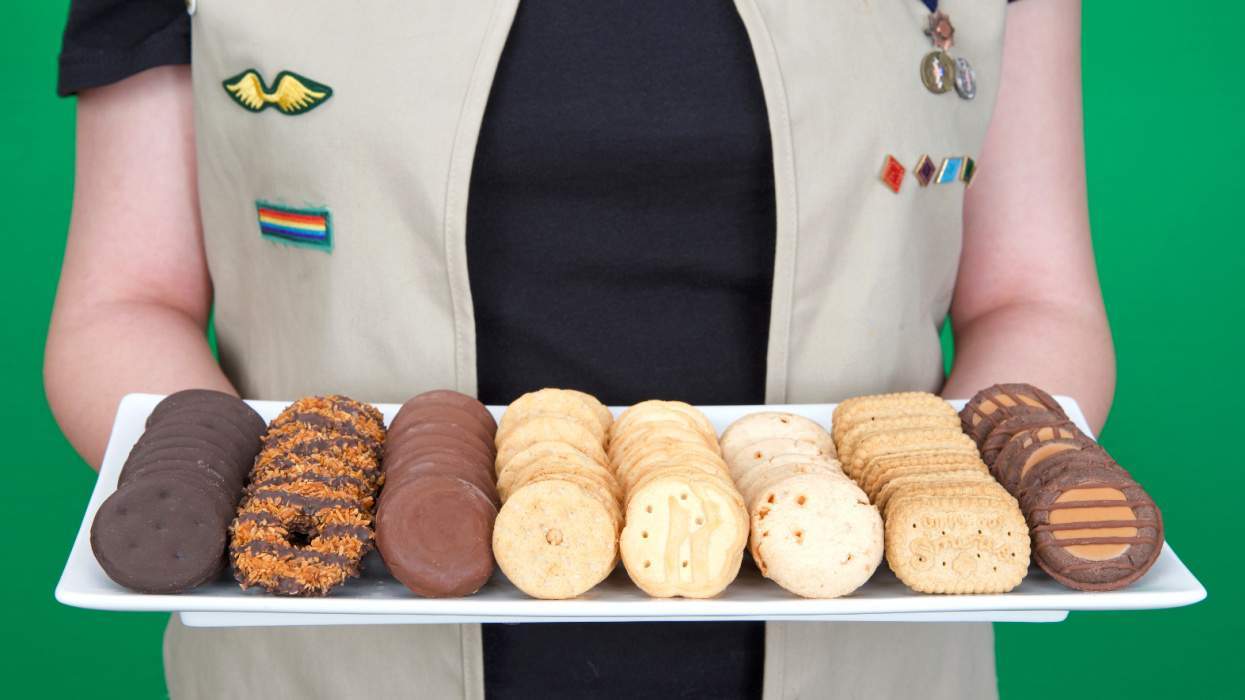







 From left: Jena Malone, Jodie Foster, Jay-Z, and Kendall and Kylie Jenner.Featureflash photo Agency/Shutterstock; Tinseltown/Shutterstock; Tinseltown/Shutterstock; Taylor Hill/FilmMagic
From left: Jena Malone, Jodie Foster, Jay-Z, and Kendall and Kylie Jenner.Featureflash photo Agency/Shutterstock; Tinseltown/Shutterstock; Tinseltown/Shutterstock; Taylor Hill/FilmMagic










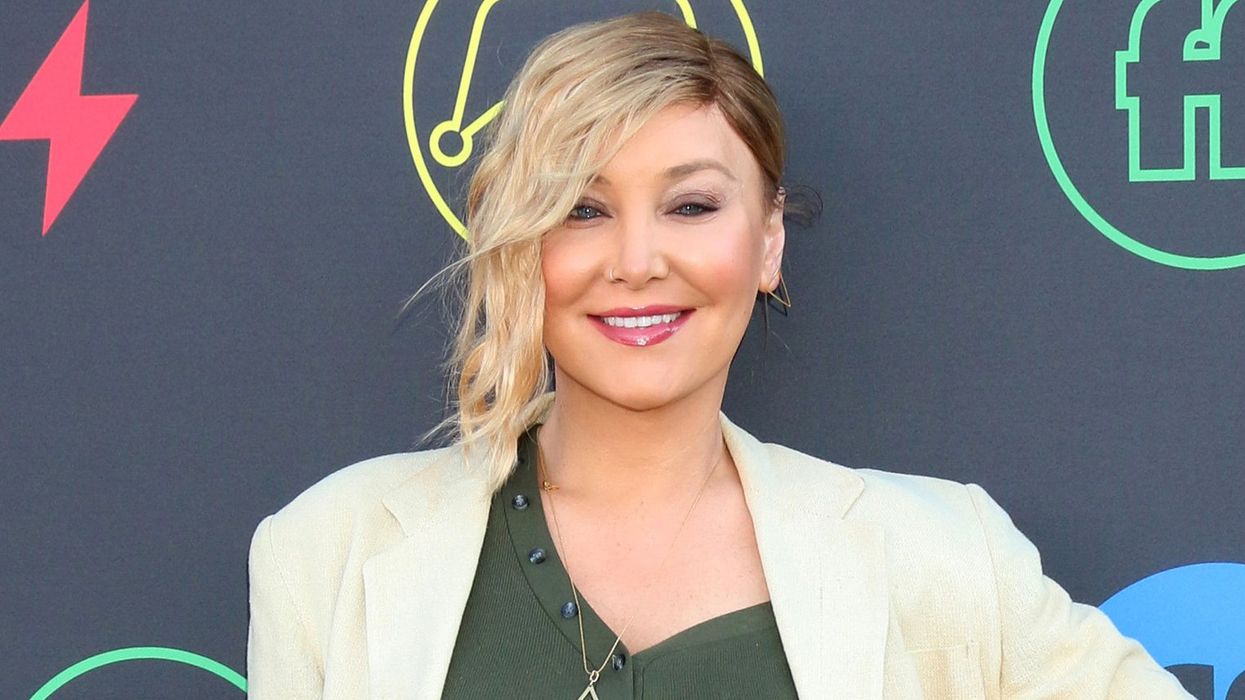
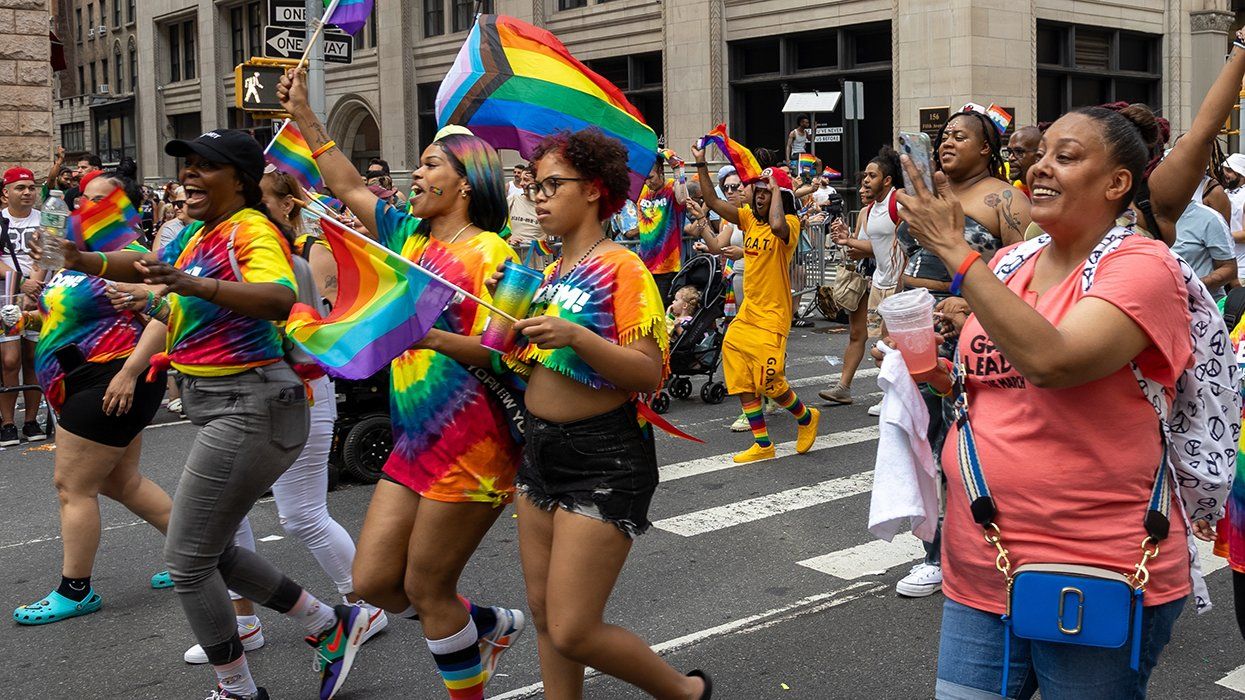
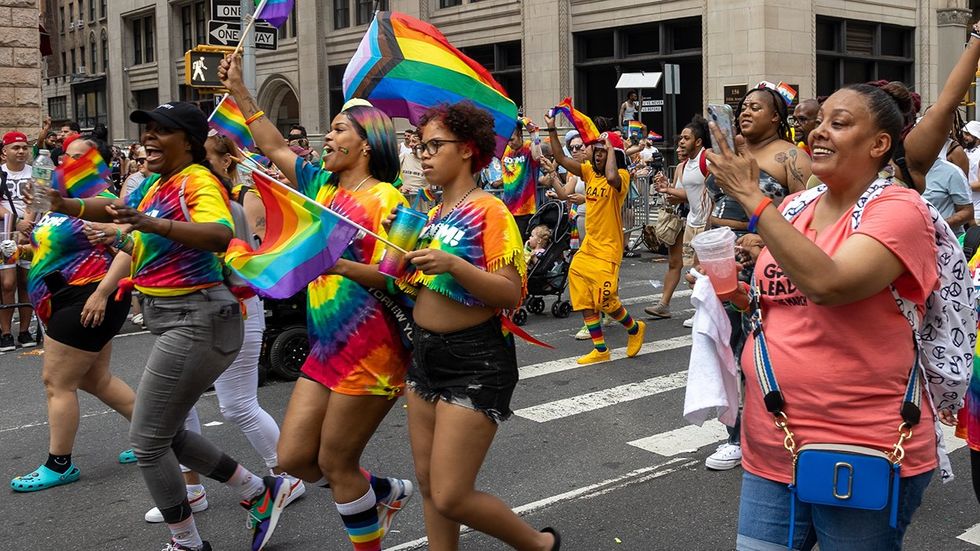 Kirkam/Shutterstock
Kirkam/Shutterstock